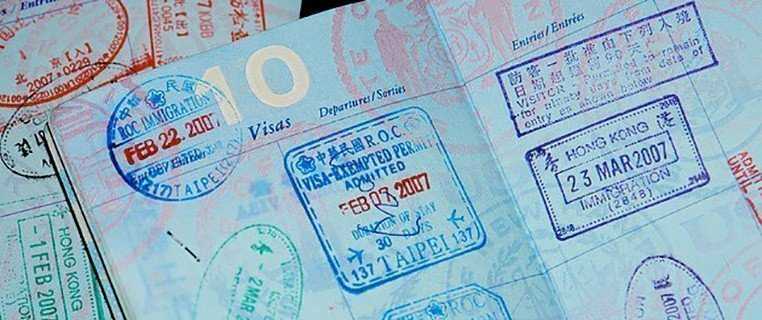BY ASHTON COLLEGE
The Three Amigos may have been in Ottawa last week for a political summit but for some, it was a fiesta for two. Canada recently announced that it would be ending its visa requirements with Mexico, effectively ending a multi-year fiasco stemming from a spike in asylum claims. The two countries previously had a visa-free agreement which made visiting Canada considerably easier but the previous Conservative government ended this in 2009, citing an increase in unfounded asylum claims.
The numbers paint quite the picture: in 2008 a full 9,000 asylum claims were filed by Mexicans, making up a full quarter of all claims submitted to the government of Canada that year. A year later and following the implementation of a visa requirement, the number of asylum claims dropped to only 1,900. The cost of granting asylum dropped considerably as a well; from $304 million to just over $40 million.
The determining factor in whether to keep or waive the visa requirement is, according to Immigration Canada, a legal matter based on the number of visa refusals and subsequent immigration violations. And the latest reports from Ottawa indicate that the number of refusals and violations is at or near where they’re expected to be, meaning good news for Mexico.
“There has definitely been a rapid switch in Canadian-Mexican immigration policy,” says Kristian Tapia of Ashton College. Hired as a web developer before the recent changes, Tapia’s start date was delayed due to visa approval timelines. “It almost makes me wish I was five years older and had arrived in Canada in 2008.”
According to a Toronto Sun article, a 2014 socioeconomic study by the Tourism Industry Association of Canada revealed a loss in over $400 million dollars of spending by Mexican tourists as a result of visa restrictions. “It’s been tough,” says Tapia. “I’ve been wanting to work in Canada for a long time and I’m glad that it will be easier for my family to come and visit me now.”
But as with most diplomatic situations, there is more than meets the eye. In this case, Canada’s visa situation with Mexico is raising the ire of Romania and Bulgaria, both countries with current visa restrictions. But whereas with Mexico, Canada is willing to waive the requirements, little has been said to date about whether or not the requirement for Romania and Bulgaria will be lifted as well. And, given that the two countries are members of the European Union, in order for the CETA free trade deal to be fully ratified, all twenty eight member states of the EU must sign off on it. Romania and Bulgaria however, remain firm in their stance.
“I get it, I really do” says Tapia. “A simple flight to a foreign country isn’t so simple anymore, you need to put in the paperwork and it takes time to be approved. For people like me who came to Canada to work, we understand how tough it can be.”
Mexican President Enrique Pena Nieto said in response to the announcement that “In a world where hate speech, racism and discrimination still persist, Prime Minister Trudeau’s government stands out for his commitment to inclusion.” And inclusive it is the move, heralded last month during the Three Amigos summit, is a step in the right direction toward deepening the long standing agreement between the economic partners.
Ashton College is an accredited post-secondary institution offering flexible, professional education options for students and adult learners looking to enhance their skills or change careers.

